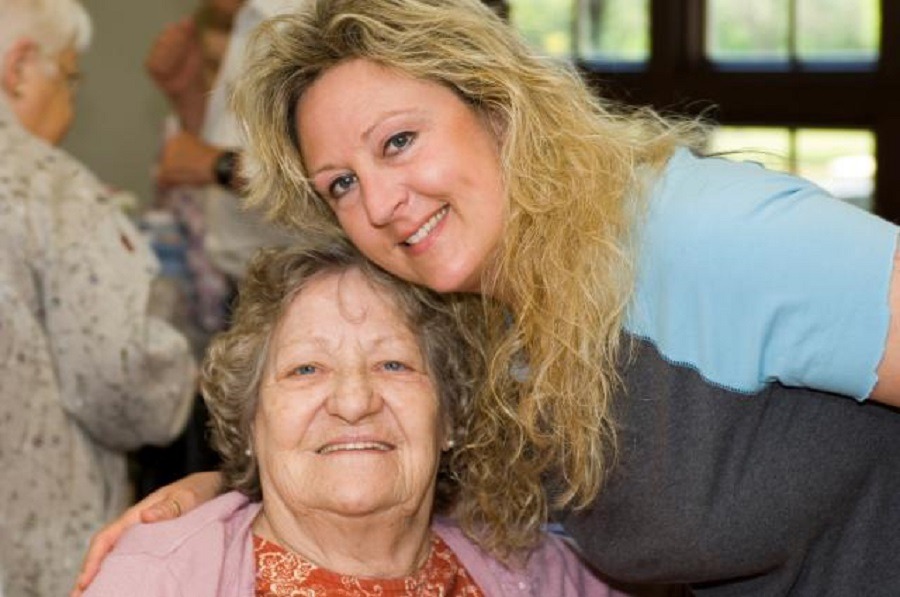Caring for Someone with Epilepsy


Caring for someone who has epilepsy can be challenging, and the need for care is different from person to person. Although some people with epilepsy are able to live independently, others require full time care. As a caregiver, there are things that you can do to help your loved one manage their epilepsy.
What is epilepsy?
Epilepsy is a neurological disorder that causes repeated seizures. A seizure happens when electrical impulses in the brain suddenly exceed their normal limit, so there is an overwhelming amount of electrical activity. This can cause muscle convulsions, twitching, or other changes in behaviour. A person with epilepsy is usually diagnosed after having two or more seizures. Although there is no known cure for epilepsy, the condition is quite manageable.
What causes epilepsy?
Epilepsy can affect people of all ages and ethnicities. For the majority of people who suffer from epilepsy, the cause of the condition is unknown. However, some of the known causes of epilepsy are:
- Genetics
- Not enough oxygen during birth, or other birth injuries
- Head injuries such as a concussion
- Brain tumors
- Certain types of infection
- Stroke
- Substance abuse
What to do during a seizure?
Most seizures are not dangerous. However, as a caregiver it is your responsibility to help keep your loved one safe if they do have a seizure.
- Remove any sharp or hard objects around them that might cause them harm.
- Roll the person onto his or her left side to make sure that their air passage remains clear in case of vomiting.
- Place a flat towel under their head and loosen anything around their neck such as a scarf or tie.
- Do not try to restrain them or put anything in their mouth. It is a common myth that a person can swallow their tongue during a seizure. It is best to just wait and let the seizure end naturally.
- Time the seizure. If a seizure lasts for more than five minutes or if the person has consecutive seizures without fully recovering in between call 911 immediately.
What can you do?
Some people who suffer from epilepsy will be more independent than others. As well, keep in mind that epilepsy is a condition that can change over time, so the needs of the person you are caring for may also change. Here are some ways you can help your loved one.
Become an expert. The more you know about the disorder, the more capable you will feel when seizures happen and the more informed you will be when making decisions.
Keep a record. It is helpful to keep a log of information about each time your loved one has a seizure. Because the person usually will not remember what happened, it will be up to you to inform a doctor or neurologist about the seizure. Some important things to document include a description of what happened before, during and after the seizure, as well as the length, date and time of the seizure. This information can help with diagnosis, treatment and identifying triggers.
Know the triggers. As mentioned above, there are certain situations that are known to trigger seizures. Knowing what these triggers are can help prevent future seizures from occurring. Some common triggers include:
- Not taking medication on time
- Not getting enough sleep
- Skipping meals
- Stress, excitement, anger, or being upset
- Hormonal changes during the menstrual cycle
- Fever
- Illness
- Drug use
- Taking other medications
- Alcohol abuse
- Computers, television or other lights that flicker
Make home as safe as possible. If your loved one’s seizures are unpredictable and frequent it may be necessary to make changes at home to reduce the risk of injury. Some examples include padding the edges of furniture, replacing hard floors with carpet, or switching shower fixtures that jut out with flatter options.
Pay attention to mood. People who have epilepsy are more likely to suffer from depression so it is important to look for any changes in their behaviour or mood. Try to be patient and encourage them to talk to their doctor about the way they are feeling.
Take care of you. Being a caregiver can be draining. Don’t forget to take breaks and ask for help if you need it. It may also be helpful to join a support group so that you can connect with others going through the same struggles.
Sources
http://www.epilepsysociety.org.uk/AboutEpilepsy/Epilepsyandyou/Carers-1
http://www.vimpat.com/epilepsy-caregiver.aspx
http://www.nhs.uk/Conditions/Epilepsy/Pages/living-with.aspx



